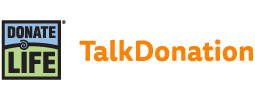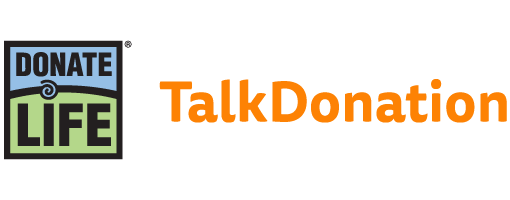Meet Our Artists
The previous campaign highlighted some of the work of these local artists.
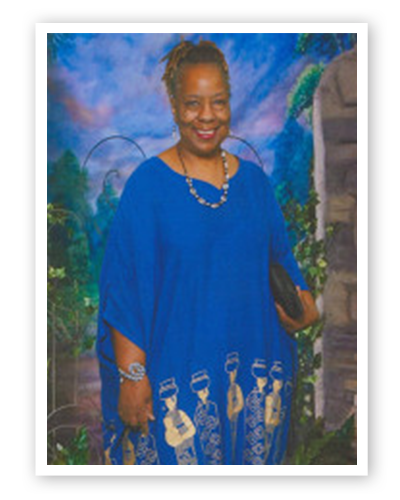
Amoke Kubat
“As a writer, artist and community activist, my work often focuses on themes about loss, and the journey from grief to acceptance. My involvement in the #TalkDonation campaign will be using an arts-based activities with mothers in a community engagement event to address issues of loss, death and dying entitled, ‘This Moment After Death.’ Death is not a stranger to 55411 and 55412 North Minneapolis residents. Too many are overwhelmed by every social determinant, to have quality, productive and fulfilling lives. We need clear and honest information about organ donation, not a hit it and quit approach. People need to be knowledgeable – dispel myths and urban legends. One can have a choice, an action after the unforeseeable loss of an organ or death of a loved one. African Americans have an awkward relationship and trauma-filled history with medical professionals and the services they have received or denied. They need to know that being an organ donor is beneficial to them as individuals, families, communities. They need to have relationships with people, not lists of links and phone numbers. We need hand-holding at times too. Registering as an organ donor is a way to leave a strong cultural legacy-one donor can save and heal up to 60 lives! I am a registered organ donor. It it my opportunity for continuous connections to the living – giving an organ is an action beyond the moment of death.”
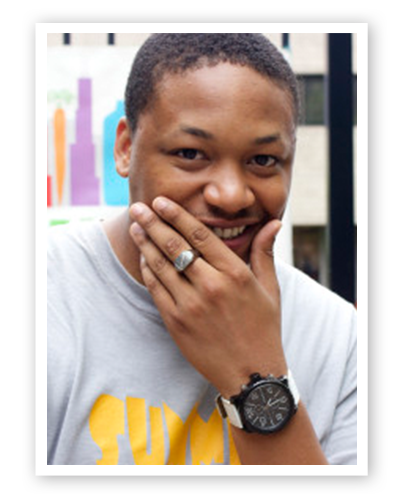
De’Arreon Robinson
“I am an organ donor, and the reason why I chose to be a donor was because I had a cousin who had a heart transplant when he was a baby. We grew up together, and he was my favorite cousin. As a youth, I totally understood what was keeping him alive. I was very conscious about play fighting with hime, being careful not to be extra rough, as I was when I was a kid. But he would always play fight back. he lived to be 19. Even though my cousin isn’t here with us today. I was still able to enjoy and share the time that we did have with each other because of his transplant. One day, when I go, I want to be able to give someone the opportunity to enjoy a loved one longer because of an organ I was able to provide for them. My call to action would be that we get more of our people to become donors. A disproportionate amount of our community are waiting for donations. I’m using the art of research to get the full story from out community, by conducting surveys. With their input, #TalkDonation will be a true representation of the community’s experiences.”
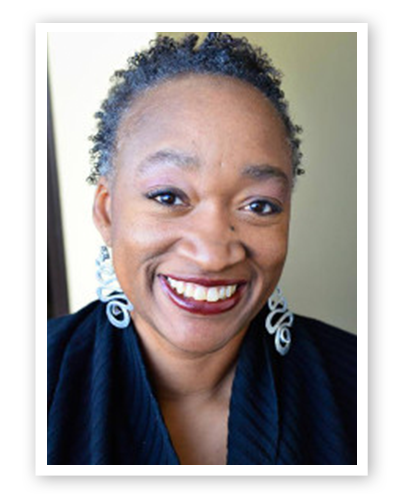
Hawona Sullivan Janzen
“My name is Hawona Sullivan Janzen. I’m a wife, mother, poet and a registered organ donor. Much of my poetry deals with grief, love, loss and hope. I can’t imagine a better jumping off point for a conversation around organ donation in the community than these emotions. I know that these conversations are not always easy because they are about life and death. But if we do not have them, then they are silent conversations only of death. My grandmother died from diabetes. I f she were born today, her condition would likely be treatable with pancreatic islet cell transplant. My father lives because he received a kidney transplant from his sister. When my 6 year old son died a few years ago, I reached back into my mind for what I knew about organ donation and in my greatest moment of grief, my husband and I mad the decision to donate his organs. That was a difficult choice but we know it was the right one. I became involved with the #TalkDonation campaign because I know first hand the difference the gift of life can make.”
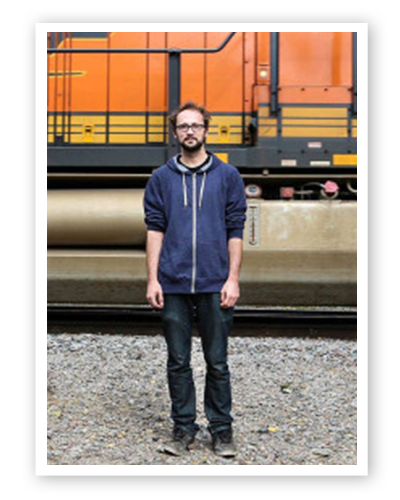
John Anderson
“I have done a number of medical murals in the past few years. What excites me about the #TalkDonation campaign is that it is much more personal and it is something that affects everyone. While I have never been directly affected by organ donation, I am still a registered organ donor. I believe in the potential of people to make a difference and an impact, both in their lifetime and after. While I would love it if my work and art had an impact on people in my lifetime (or after), there are no guarantees. I can only hope. With organ donation, I know that I can make an impact, that can extend far beyond my lifetime.”
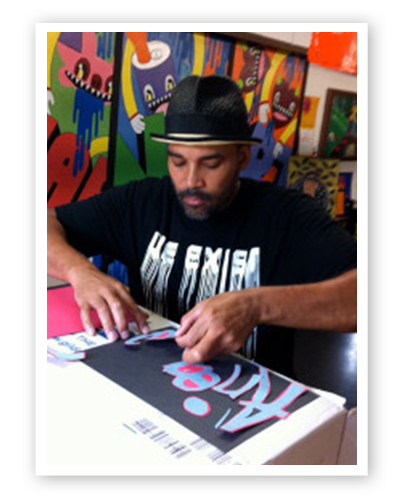
Peyton Scott Russell
“Registering to be a donor can be an important gift that could help and save others in a time of need. I am a recipient through an ACL replacement that allowed me to continue competing as a professional kickboxer. I went on to win the 2009 US Light Heavy Weight Title, because of this surgery and donation. I am a registered donor, and I feel it’s important to give and allow someone a chance to live longer or make life more comfortable in times of need. Making art and being with my two children makes me feel most alive. As part of the #TalkDonation campaign, I am creating an interactive mural with the goal to get people excited, generate conversations, and talk about donation. Art is a powerful tool that brings community together and creates conversations. Art can build ideas, generate inspiration, and be a point of connecting and understanding each other. art can be used to create awareness.”
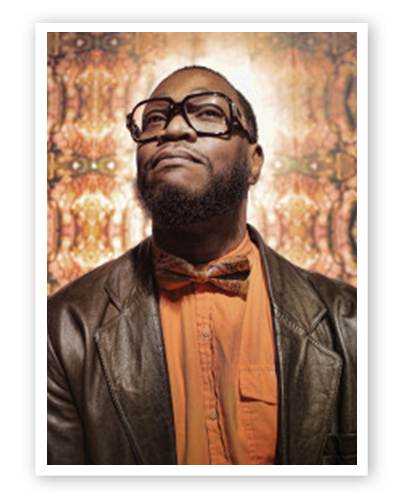
Ron Brown
“African Americans make up 30% of all people waiting for a transplant nationally. Everyday, our community is facing this critical health disparity, and the conversation must be about much more than just needing more donors and dispelling myths about donation. Through the #TalkDonation campaign, I want to continue and expand conversations, ideas, and ways to not only increase understand and numbers of donors, but also to be real about why we have such horrendous disparities to begin with. I am excited to be working on this issue again, representing my community as I was able to do so with Real Talk Barbershop Conversations. That previous initiative was able to reach men in a unique, genuine, real way that provided education about health disparities and created open dialogue on talking about our health as Black men, in general. I created the illustration series “Gift of Spirit” featuring organs that we typically associate with donation. The drawings are represented in a whimsically way to that kids can more easily recognize them.”
